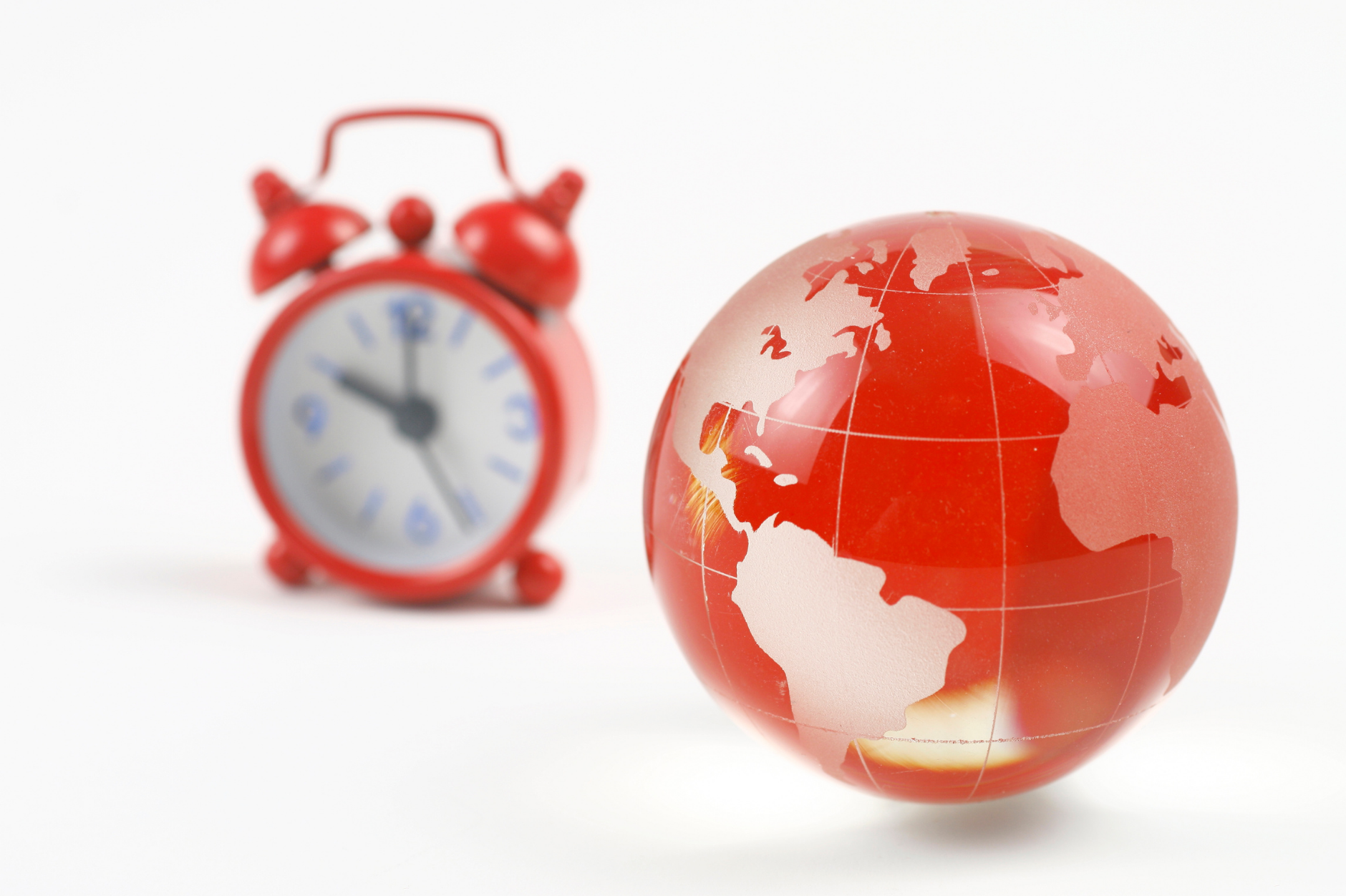Why does France have so many time zones?
Posted by Josh on 27th Aug 2025 in the blog in the french culture category
If you’ve ever heard the popular quiz question, ‘Which country has the most time zones?’, you’ll probably have been surprised to hear that the answer is France.
Indeed, France has not one, not two, but twelve different time zones! That number rises to thirteen if you include France’s claim in Antarctica. With twelve (or thirteen) time zones, France is ahead of Russia and the United States (which both have eleven) and Australia and the UK (which both have nine).
France is only around 1,000km in width, while countries such as Australia and Russia are 4,000km wide and 9,000km wide respectively, so it might seem perplexing that France has so many time zones.
When most people think of France, they think of Metropolitan France. This is the term used to refer to the part of France that is in Europe, bordering on Germany and Italy to the east, Spain to the south, and the long Atlantic Ocean to the west. But France also comprises a number of overseas departments in the Pacific, Indian, Atlantic and Antarctic oceans.
While Metropolitan France is in daylight, some of these places are shrouded in darkness - and vice versa. The collectivity Wallis and Futuna, for example, which is 16,000km away from Metropolitan France, is ten hours ahead of the mainland in summer time, and eleven hours ahead in standard time.
Standard time vs summer time
While Metropolitan France observes summer time, meaning that the clocks go back an hour in March and go forwards an hour in October, the territories of Overseas France do not. The exception is Saint Pierre and Miquelon, which follows the daylight saving time schedule of the US and Canada. Regardless of whether Metropolitan France is in summer or standard time, it does not share a time zone with any of its territories.
The switch was introduced to (Metropolitan) France in 1976 to save energy costs.
Time zones
| Territory | Standard time | Summer time |
|---|---|---|
| Society, Tuamotuand Austral islands (French Polynesia) | UTC−10:00 | |
| Marquesas Islands (French Polynesia) | UTC−09:30 | |
| Gambier Islands (French Polynesia) | UTC−09:00 | |
| Clipperton Island | UTC−08:00 | |
| Guadeloupe | UTC−04:00 | |
| Martinique | UTC−04:00 | |
| Saint Barthélemy | UTC−04:00 | |
| Saint Martin | UTC−04:00 | |
| French Guiana | UTC−03:00 | |
| Saint Pierre and Miquelon | UTC−03:00 | UTC−02:00 |
| Metropolitan France | UTC+01:00 | UTC+02:00 |
| Mayotte | UTC+03:00 | |
| Réunion | UTC+04:00 | |
| Scattered Islands (French Southern and Antarctic Lands) | UTC+03:00 | |
| Crozet Islands (French Southern and Antarctic Lands) | UTC+04:00 | |
| Kerguelen, Saint Paul and Amsterdam islands (French Southern and Antarctic Lands) | UTC+05:00 | |
| Adélie Land (French Southern and Antarctic Lands) | UTC+10:00 | |
| New Caledonia | UTC+11:00 | |
| Wallis and Futuna | UTC+12:00 |
Check out some of our other blog posts!
HOW TO IMPROVE YOUR PRONUNCIATION WHEN LEARNING A NEW LANGUAGE
Posted on by Nancy in the tips, learning french categoryLearning a new language is wonderful, exciting and everything in between, but it can also be scary sometimes! Especially having to speak when you are unsure of the pronunciation…Take French for example, all those pesky “R” and silent letters, why oh why do they have to be there if it is not to be pronounced?
Read moreWhat are the active and passive voices in French?
Posted on by Josh in the french grammar categoryLearn how to use the passive voice in French
Read moreHave fun learning French Today
People from all over the world enjoy learning French with Alexa Polidoro’s popular French audio and video lessons.



